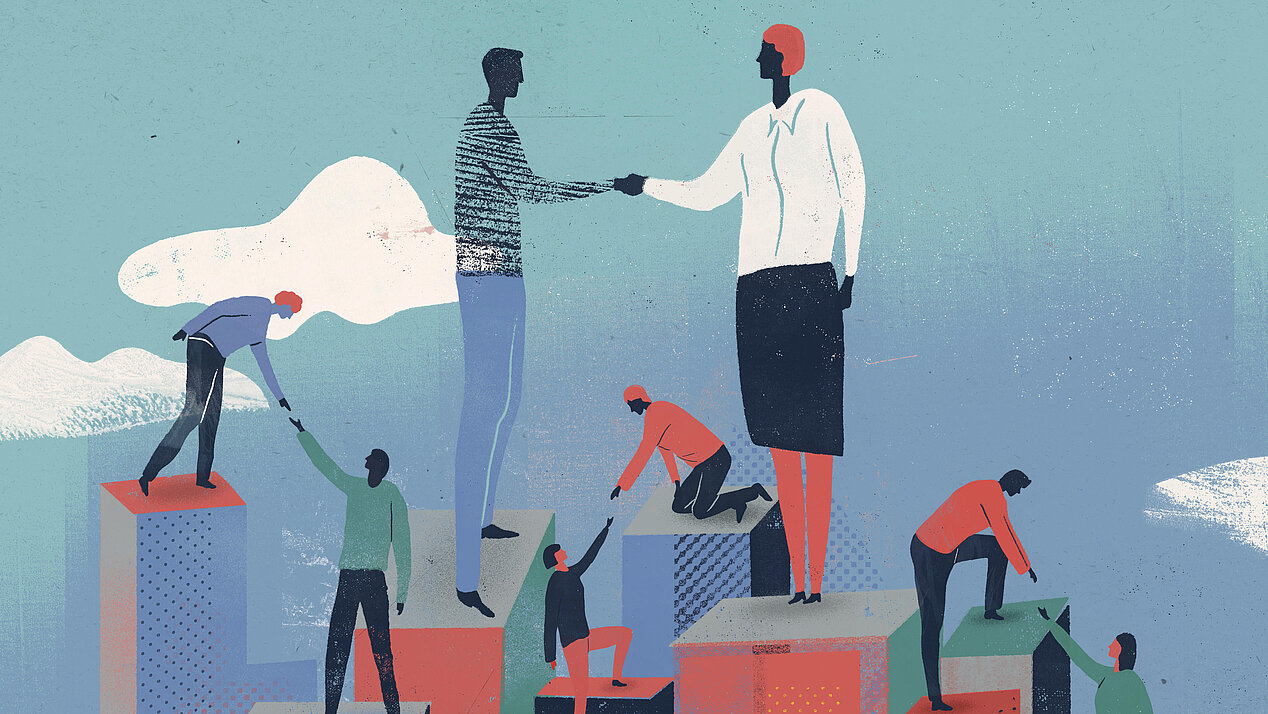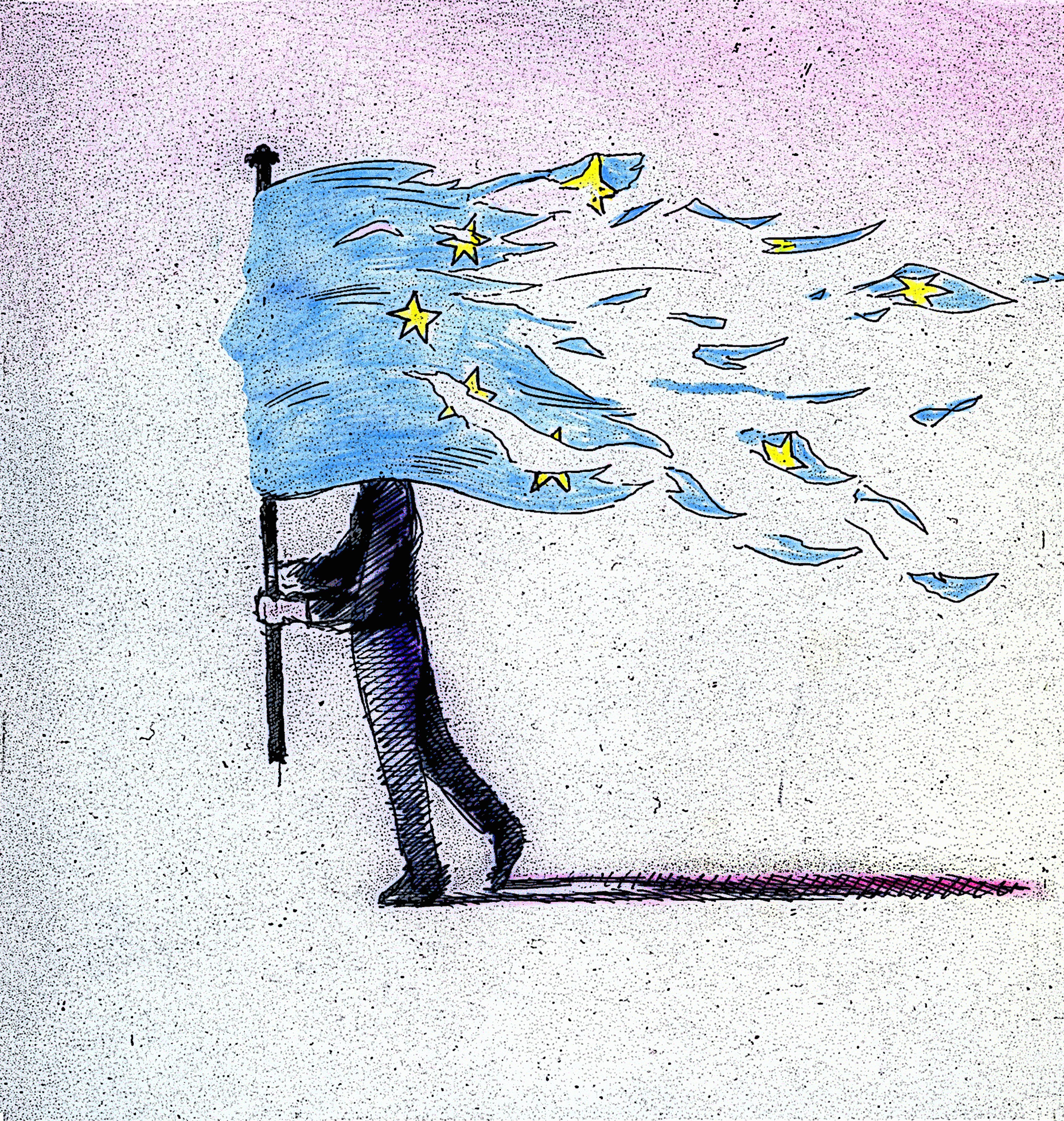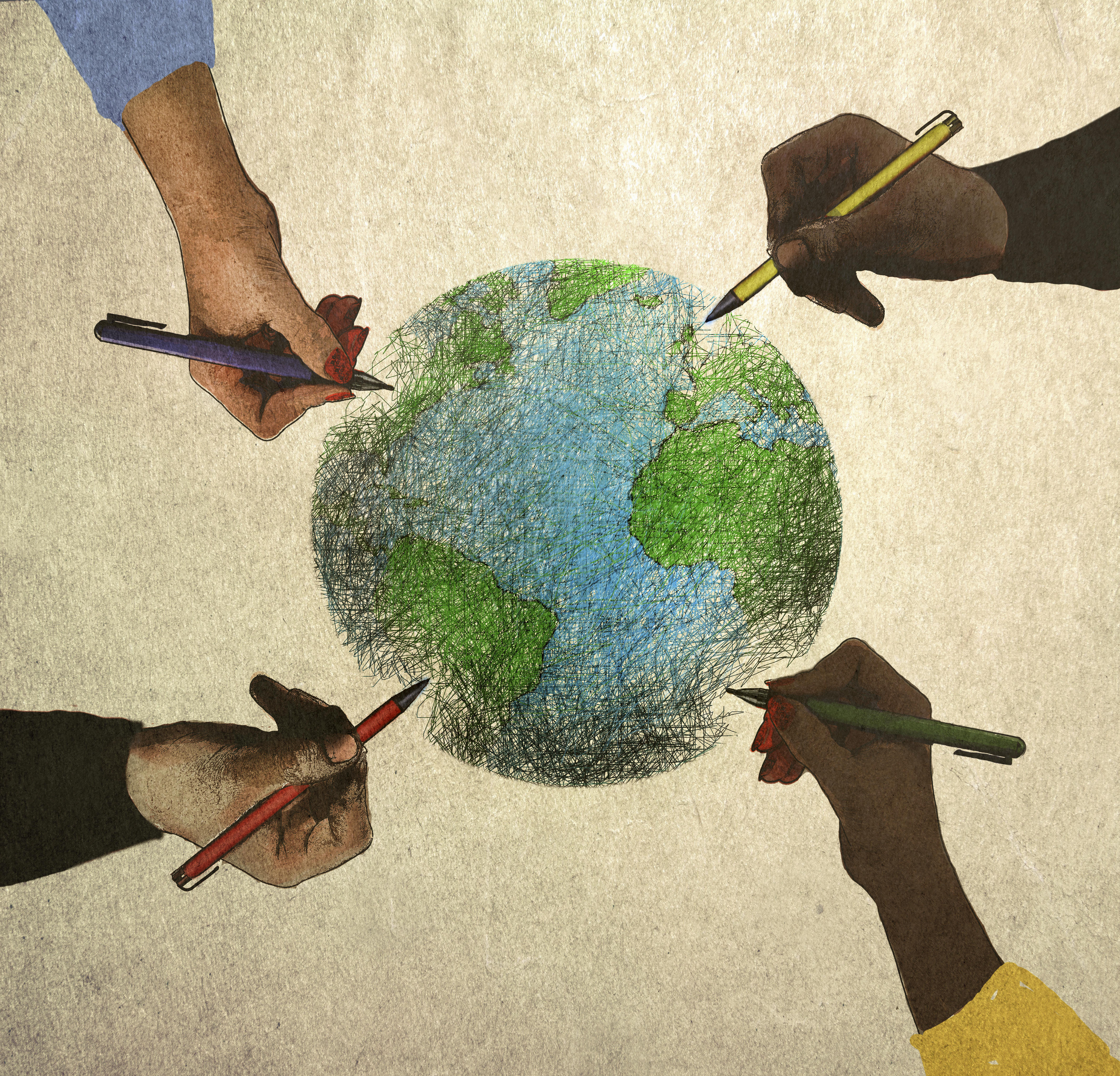My laptop shows the wrong time – one hour early according to Lithuanian time. I lived in Berlin for two months during spring and my computer is still on German time. For me, this gap of one hour is both symbolic and ambiguous. In my novel Three Seconds of Heaven, I have included a time difference – a gap of three seconds in the life and consciousness of one human being, who served for two years in the Soviet Army. (A further coincidental analogy: I made a point of completing my military service in Germany.)
When somebody spends a long period of time in prison, exile or solitude, a gap opens up – a tear, that often goes unhealed for an entire lifetime. This is something of a drama, an existential and social drama. It is a tear that deprives people of the feeling for the here and now. This can affect an entire nation in the same way. For example, my people, the Lithuanians. Right up to the present day, this time difference of one hour is noticeable – in everyday life, education, the economy, politics and, undeniably, in our culture.
Lithuanians console themselves with the notion that Lithuania has been a part of European culture since the Christianisation of 1387. This is a notion that we have cared for and eaten out on. Essentially it is the truth but complex historical circumstances have exiled our small country into oblivion, to the very outer limits of European culture and politics.
For fifty years after the Second World War, our people were terribly injured and tormented. This left our culture in a state that can be described as perpetually schizophrenic. In reality, it was two cultures: Soviet, meaning the Russian, the foreign culture of the occupying power which was imposed on us from outside, and our own Lithuanian culture. For Lithuanians, being European meant, and still means, playing catch up, a constant struggle to try and close the cursed gap, to bridge the damned void, and to develop the right feeling for European time, tradition and values.
I do not know where to begin with the question of the role of culture in Europe. It is something that confuses me. In my opinion, culture is the sole important factor in people’s lives. If we understand it as the opposite of nature, the sum of the human race’s material and spiritual values, then everything – weapons, and idiotic, aggressive ideologies that destroy millions of lives – is a product of culture. After all, war is not seen as a driving force of progress without good reason. And as Albert Schweitzer said, culture and progress are almost one and the same.
Lithuanians console themselves with the notion that Lithuania has been a part of European culture since the Christianisation of 1387.
I would not know how to further refine the meaning of culture. One possibility could be the various manifestations of art – architecture, for example. But it is only culture that allows me to communicate with other people. I do not visit other countries to buy or sell anything, nor do I go with the aim of finding a wife or a religion. I go because of the culture, to be a part of it, to find it, to live with it. I am in no position to consider its meaning or lack of meaning because it is the base upon which I build my house, the palace of my existence: my world. In my opinion, the question of culture is similar to the question of whether it makes sense for people to have heads. I have the feeling that Joseph Guillotine would be firmly in my corner on that one.
Osip Mandelstam, one of the most interesting Russian writers, defined the Acmeism movement as “a yearning for world culture.” In Lithuania, this concept was prevalent. Artists had a genuinely heartfelt yearning for a world, or European, culture because this was something that, in terms of both quality and quantity, was in short supply indeed. For Lithuanians, the Iron Curtain was not just a convenient political metaphor but an unsavoury reality. Only works approved by the Politburo in Moscow, the censors and the KGB could pass through the Curtain.










